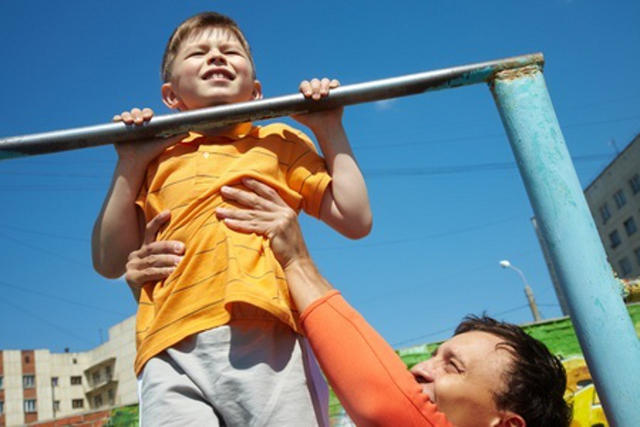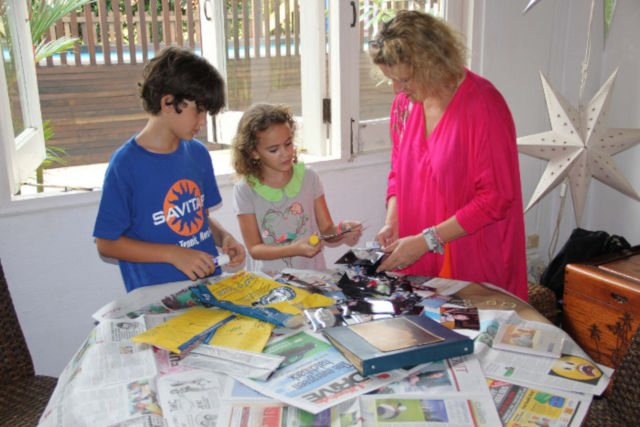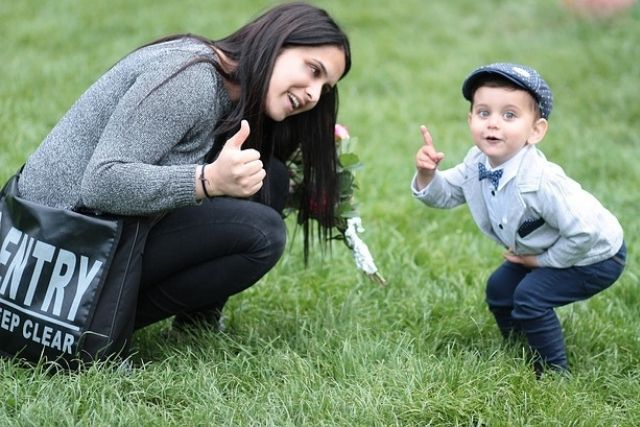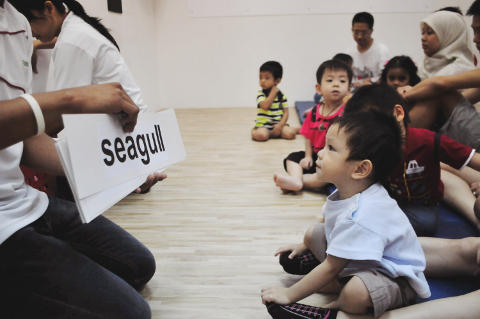In March 2015, we mourned the passing of our first prime minister, Mr Lee Kuan Yew, a man who was well known for his strength and resilience, controversial decisions and gumption. We have all been drawn to consider the steel within his generation; those who lived through the Japanese Occupation, and who were instrumental in building up our nation to what she is today.
As we consider how we too can embody this kind of character and seek to grow our children’s own strength and resilience, here are some ways to consider.

1. Don’t hover
Many of us are guilty of helicopter parenting at times, staying close to our children – sometimes literally over them – to see if they are okay, or to help them solve various problems that they encounter.
Of course, some hovering is to be expected, and how much you hover depends very much on the age, maturity and ability of your child. But in general, while a two-year-old would probably need a parent’s help to do a tracing worksheet, while your seven years old should have no problem sitting down to complete his homework on his own, without you having to sit next to him to check that he is answering the questions correctly.
By giving your children more autonomy in the little things of daily life, like eating their meals, brushing their teeth, dressing themselves, doing school work and packing their toys, you are teaching them the value and importance of responsibility and helping them develop a sense of ownership about themselves and their property. These are essential ingredients for creating a self-initiated attitude of resilience during tough moments.
2. Put them in charge
Very related to the previous point is the need to give children age-appropriate responsibilities from young. Assign them tasks that they can help with around the house, like setting the table, keeping their toys or folding clothes. Then hold them accountable for doing a good job.
This teaches your children the true meaning of commitment and responsibility and allows them the opportunity to think of ways to manage the task when something goes wrong.
For example, if your older child is trying to tidy his toys and his younger brother keeps taking them out to play, he is bound to feel frustrated. With some helpful hints from you the first time around, he can learn how to engage his younger brother in something else so that he will leave the toys alone, and allow him to finish the task.
Alternatively, he could find ways to get his younger brother to help him complete the task together.
3. Introduce challenges

Some kids thrive on new experiences and challenges, while others run away from such situations. But regardless of personality, every child will benefit from some degree of challenge, because it’s only when you are out of your comfort zone that an inner strength and resilience can be developed.
Encourage your child to try new food, to gain a new skill, to soak in new experiences. Not “force”, “coerce” or “demand”, but a certain amount of persuasion will doubtless be necessary.
After all, we humans seldom like getting our feet wet. Sometimes the best encouragement you can give your child is the gift of your presence in those situations. Not to “rescue” him prematurely or do the job for him, but to just be there by his side.
As your child takes up the challenge before him, he may falter or fail, and struggle with the results of his attempt. As his parent, your empathy will mean a lot to him, as will your sharing of how you yourself might have felt during similar scenarios in your childhood.
Help him to process what he is feeling, and to make a decision about what he can do better or differently next time.
4. Never give up
There’s a song that goes “Never say never” in that old classic of a cartoon “An American Tale”. Indeed, one of the biggest roadblocks to developing grit is the ease at which we mortals give up.
As we seek to encourage your children to stay resilient, we need to ingrain in them a drive to see their commitments through, with a “Come What May” kind of mentality.
It may mean bringing your child to the park every week so he can get the hang of his scooter that just keeps on “not going where I want it to”. It may mean undertaking the laborious task of guiding your child through unpicking the wrong stitches in her cross-stitch piece, instead of doing it for her.
⇒ Related Read: 5 Reasons Why You Should Get A Scooter For Your Child
It may mean gritting your teeth when your son’s castle of blocks takes an unexpected topple just before dinner, pushing back dinner time by 10 minutes, and cheering him on to rebuild his castle again.
5. Model behavior
As with so much of parenting, all the talk and coaching and lessons in the world can only do so much. Children often catch more than they are taught, and they are watching your every move.
So before you concern yourself with building strength and resilience in your little ones, remember to work on growing your own strength and resilience in the nitty-gritty of everyday life.
What do you do when Junior spills his cup of milk all over the floor? What do you do when the dog chews up your handbag? What do you do when you’ve had a slammed-door kind of argument with your spouse? How can you respond better?
After all, we are all works in progress, growing one step at a time.
By Dorothea Chow.
Enjoyed reading this or learned something new? Click the Like and Share button below!
Want to be heard and seen by over 100,000 parents in Singapore? We can help! Leave your contact here and we’ll be in touch.

























































Leave a Comment: